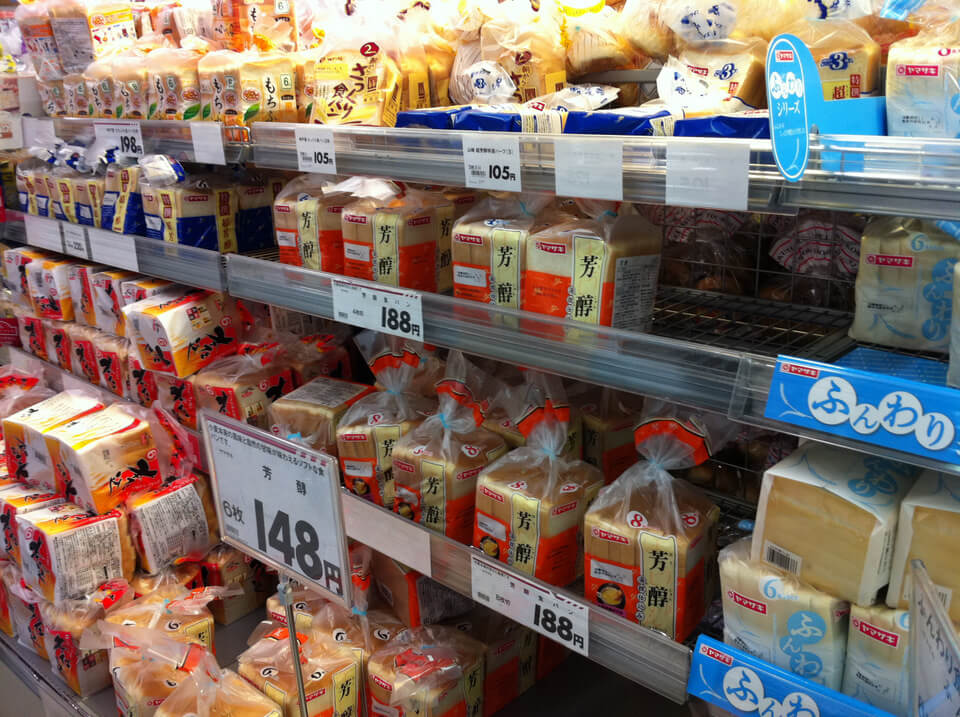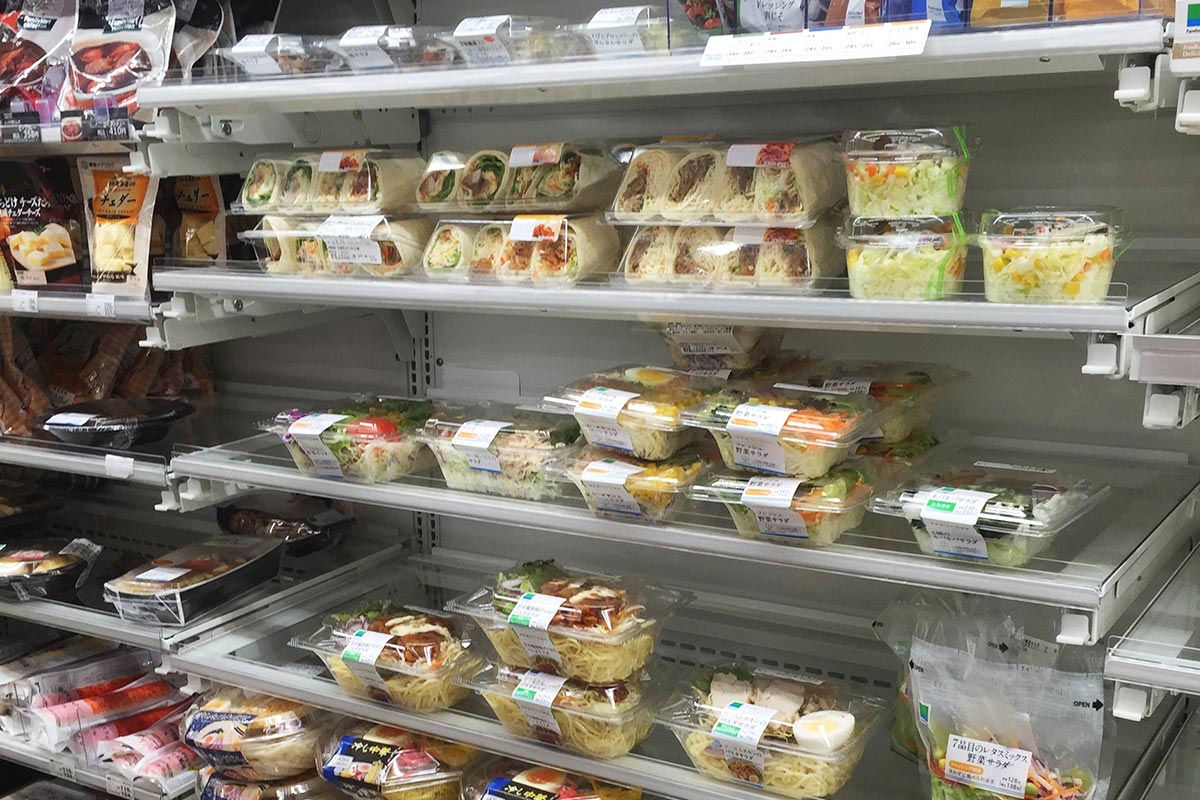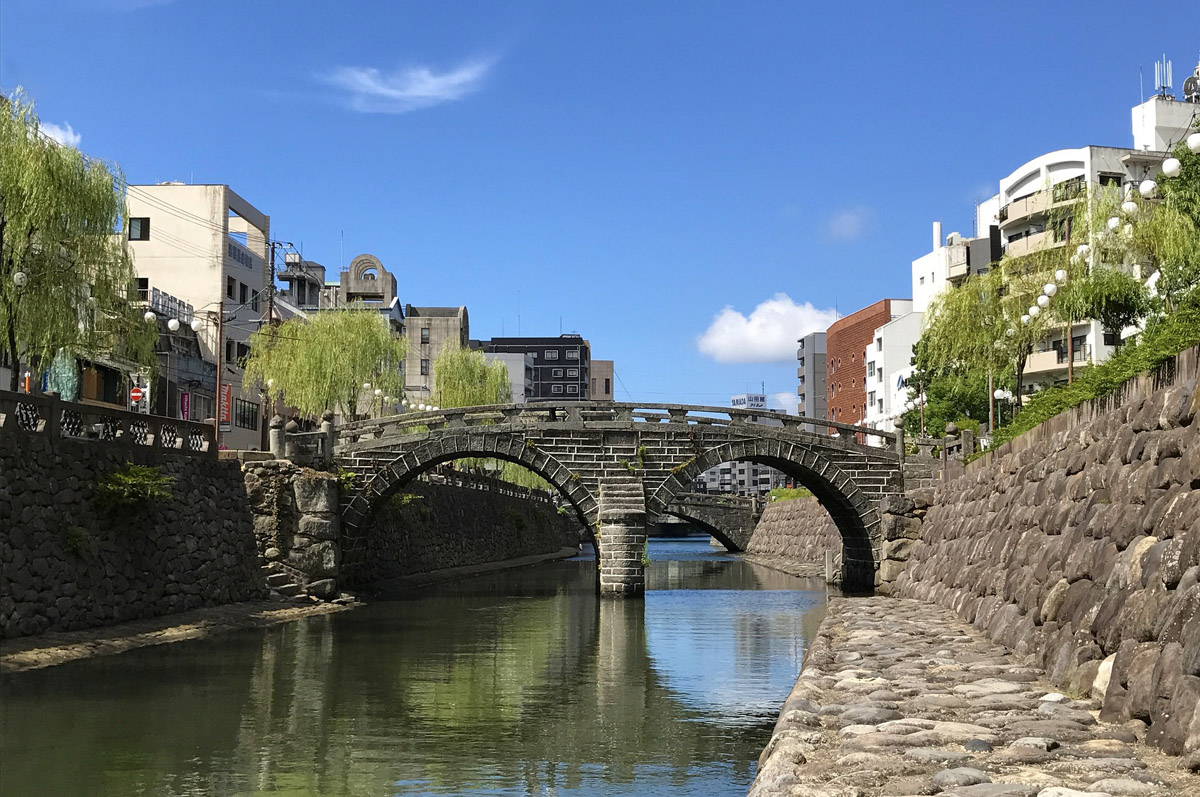Life in Japan is fast-paced, especially for young international students looking for some fun besides attending college. Institutions of higher learning in Japan are famous for producing well-baked professionals, primarily in the technical fields.
The society there is majorly urban, which comes with a myriad of challenges. The vast majority of young people are concentrated in the Capital, Tokyo. Trends change almost daily, and students are faced with the pressure of adapting to the changes. Like young people from different parts of the world, the youth in Japan strive to be trendy in fashion, making life very expensive.

Generally, the Japanese culture upholds respect and calls on the young generation to accord the older generation some respect. This is depicted by a bow when greeting elders and people in authority. International students are usually swift to grasp this tradition.
The urban life of students in Japan is costly, but the study modules offered in colleges are flexible enough to allow them some time to do part-time work. There are also online writing companies such as Peachy Essay that assist students with their assignments and projects.
However, international students are required to obtain a work permit from immigration to be considered for any jobs. Their working hours are also limited to only 28 hours a week.
Housing is a significant challenge in Japan because of the small size of their homes. In their attempts to house the growing urban population, they construct smaller houses so that they can have as many as possible. The same applies to student accommodation. You will most likely find yourself sharing a tiny space with a fellow student. It is more of bed space.
What are the main Spending Overheads for Students in Japan?
Accommodation

There are several accommodation options for students in Japan. They include on-campus hostels, guest houses, and private apartments. The latter is relatively expensive, but the best option is looking at privacy and convenience. The most affordable option is the on-campus hostel since you will not be required to pay for the utilities. On the flip side, you also have little control over your space.
Transport
Japan has the most efficient rail transport network, making it easier for students to move around. Further, students are given a slight discount when using the commuter train, making transportation more affordable. If you live in the hostels, it is even more advantageous because you do not spend on transport.
Entertainment
Japanese people flock to entertainment joints more because they do not have the luxury of congregating in their homes, thanks to the small sizes. Students need to have fun as well, and for this reason, most universities have put up clubs within the school where students can participate in different activities.
Telephone bills
Once you study in Japan, you have to keep up communication with the people back at home. Japan offers monthly phone plans where you subscribe to the package you can afford. This makes communication to be affordable and reliable.
Food and Drinks

Source: Shibuya246/Flickr – Under Creative commons license
Eating out is an acceptable norm in Japan because most people in the Urban centers find themselves with too squeezed kitchens. The lack of space makes it harder to prepare food at home.
Many eateries in the cities serve affordable food to solve this problem, and canteens within the university offer even cheaper food.
How do Students Survive on a tight food budget
Eat more raw and semi-cooked food
Most of the food in Japan is eaten either raw or semi-cooked. This is usually a culture shock to international students, but you will get used to it with time. The meats especially are eaten raw, same as the salads. There is a cost advantage to this culture in that you do not need much fuel to prepare food, and it also saves on time.
As a visitor, you should start with salads and familiarize yourself with the rest of the raw food as you get acclimatized. The most common meal that comes to mind when you mention Japan is Sushi, typically seasoned rice and raw fish rolled in seaweed.
Cook your food and freeze
You have the option of preparing your meals, and because how cooking in a small space can be inconvenient, you can do bulk cooking and freeze the leftover in small portions. This will make things easier for you considering you only need to thaw and warm the food before eating.
Cooking your food has too many advantages, the main one being you can eat whatever you are comfortable with. You can visit the food market and buy the food items you are used to eating in your country of origin or something closer.
Besides convenience, it is also cheaper since you only go to the market and cook once in a while. You can also prepare different meals so that it doesn’t get monotonous.
Get a hotplate and rice cooker
Since you need to prepare your meals to minimize the food budget, you can invest in a hot plate, rice cooker, and any other gadget that will make cooking easier. Most learning institutions offering accommodation do not allow the students to cook in the hostels. This option is therefore available only if you live off-campus.
Most apartment owners who target students provide a common cooking area with all the amenities you may need to prepare a meal. You will therefore need to buy groceries and cook your food. In this case, it is still possible to cook a lot of food and freeze it to save time.
Buy Food from the University Canteen
Institutions of higher learning offer the option of buying food for the canteen. This is the most affordable option because the cost is subsidized. Some colleges provide meals as a package with accommodation, meaning you pay for the accommodation and get complimentary meals. In some cases, it may be limited to breakfast and dinner.
The downside of this option is that you may not have much choice over what to eat. You might also not have variety because the institution must keep the cost down. Too bad if you have allergies since you may need a plan B in place.









